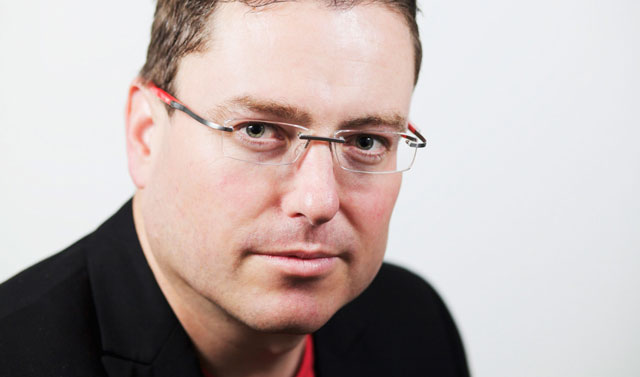
Mark Shuttleworth certainly isn’t afraid of taking the proverbial bull by the horns. After selling his South African Internet security business Thawte for US$575m at the height of the dot-com bubble, spending $20m and a year in training to become the first South African in space, and launching an operating system to take on Microsoft, the 39-year-old has now set his sights on taking down South Africa’s archaic exchange control system.
In tackling the South African Reserve Bank and the government, Shuttleworth is taking on one of his biggest challenges yet. Both sides have hired top lawyers — Gilbert Marcus SC for Shuttleworth and Jeremy Gauntlett SC for the Reserve Bank — in what is set to become a pivotal clash over whether the government has the constitutional right to place artificial limits on where people choose to invest their money.
Shuttleworth argues, among other things, that exchange controls have a damaging effect on inward investment in South Africa. The Reserve Bank, through Gauntlett, argues that Shuttleworth wants to bring down the whole system because he couldn’t take his money out of the country without paying a hefty levy.
Whether you agree with Shuttleworth or not – I most certainly do – he is a genuine maverick, in the good sense of the word. South Africa has created precious few of them.
Elon Musk, the Pretoria-born billionaire who founded SpaceX and who wants to establish a human colony on Mars, is a maverick in the Shuttleworth vein. Musk, through his company Tesla Motors, is also hoping to change the car industry, turning the world to fully electric-powered vehicles.
While South Africa has shown it can produce geniuses like this, we don’t do it nearly enough. Sure, few people are going to sell their companies for billions or reinvent private space flight, but it’s troubling that the country isn’t fostering a culture of entrepreneurship and risk taking. We need more mavericks.
Most smart and well-educated South African kids — the ones who ace university — are usually lured into high-paying corporate jobs. They become actuaries or accountants or software developers or engineers. It’s not often that, after finishing their studies, they take an idea and start a business based on it. The relative comfort of corporate life is perhaps too appealing.
It could be argued that the South African corporate sector actually stifles entrepreneurialism and new business development. Big companies snap up the best talent and pay people so well that they never leave to start their own companies.
It’s remarkable how different the picture is in Silicon Valley in California, where there’s a strongly ingrained culture of risk taking. Stanford University, in the heart of the Valley, is essentially a giant incubator for tech start-ups. You can be sure very few computer science students at Stanford spend their time dreaming of corporate suit-and-tie jobs. They want in on the start-up action, which is fuelled by the billions of dollars in venture capital that swirl through the Valley.
This is a culture that is almost nonexistent in South Africa, with the possible exception of Stellenbosch and surrounds, where old family money has flowed into a number of tech start-ups. As an aside, I look forward to seeing what outgoing First National Bank CEO Michael Jordaan does when he leaves the bank later this year to focus on the tech start-up scene in the Western Cape.
Fostering a risk-taking culture in South Africa will not be easy. At the most fundamental level, the school education system — especially the shocking state of maths and science education — needs surgery. It could take a generation to fix. Entrepreneurship and business skills also need to be taught in schools. Kids need to know that they don’t need to wait for someone to give them a job, that with the right education and ideas they can take risks. Venture capital, while not as abundant as in Silicon Valley, is available for the right ideas and business plans.
We have many more potential Musks and Shuttleworths. It would be a tragedy if they were to fall through the cracks.
- Duncan McLeod is editor of TechCentral. Engage with him on Twitter
- This column was first published in the Sunday Times

